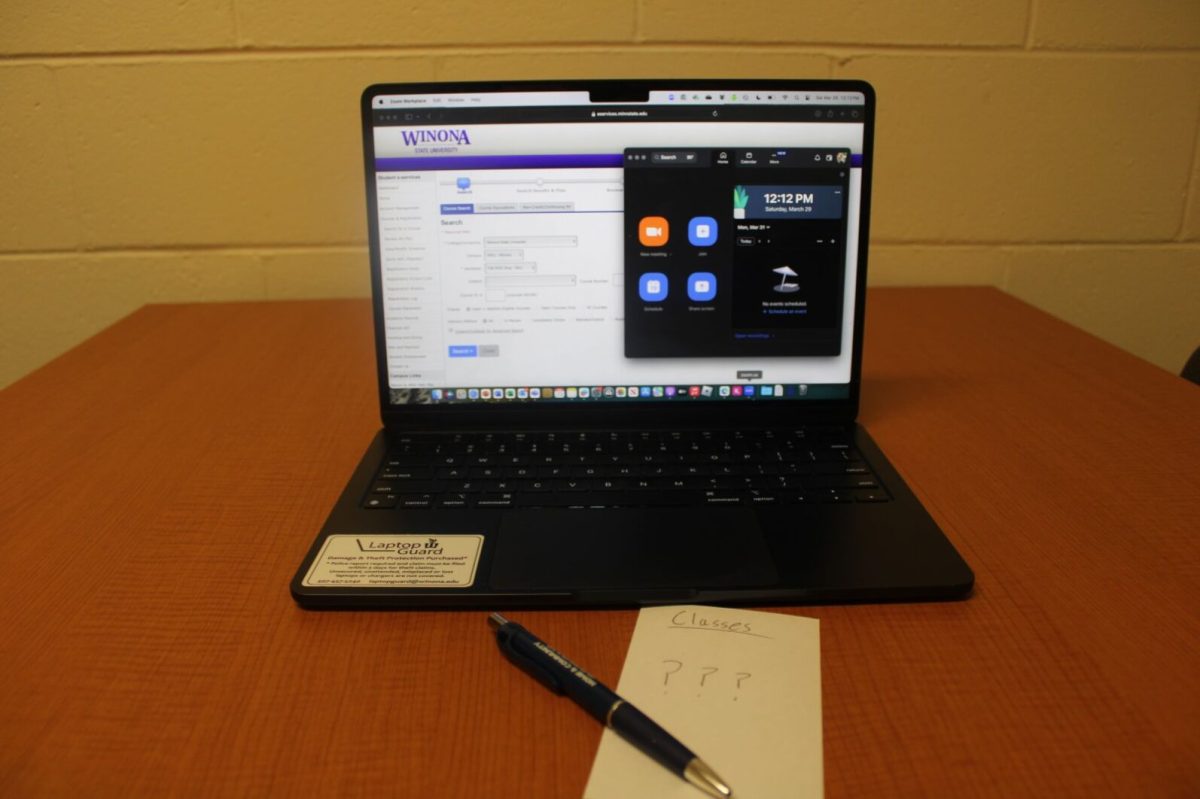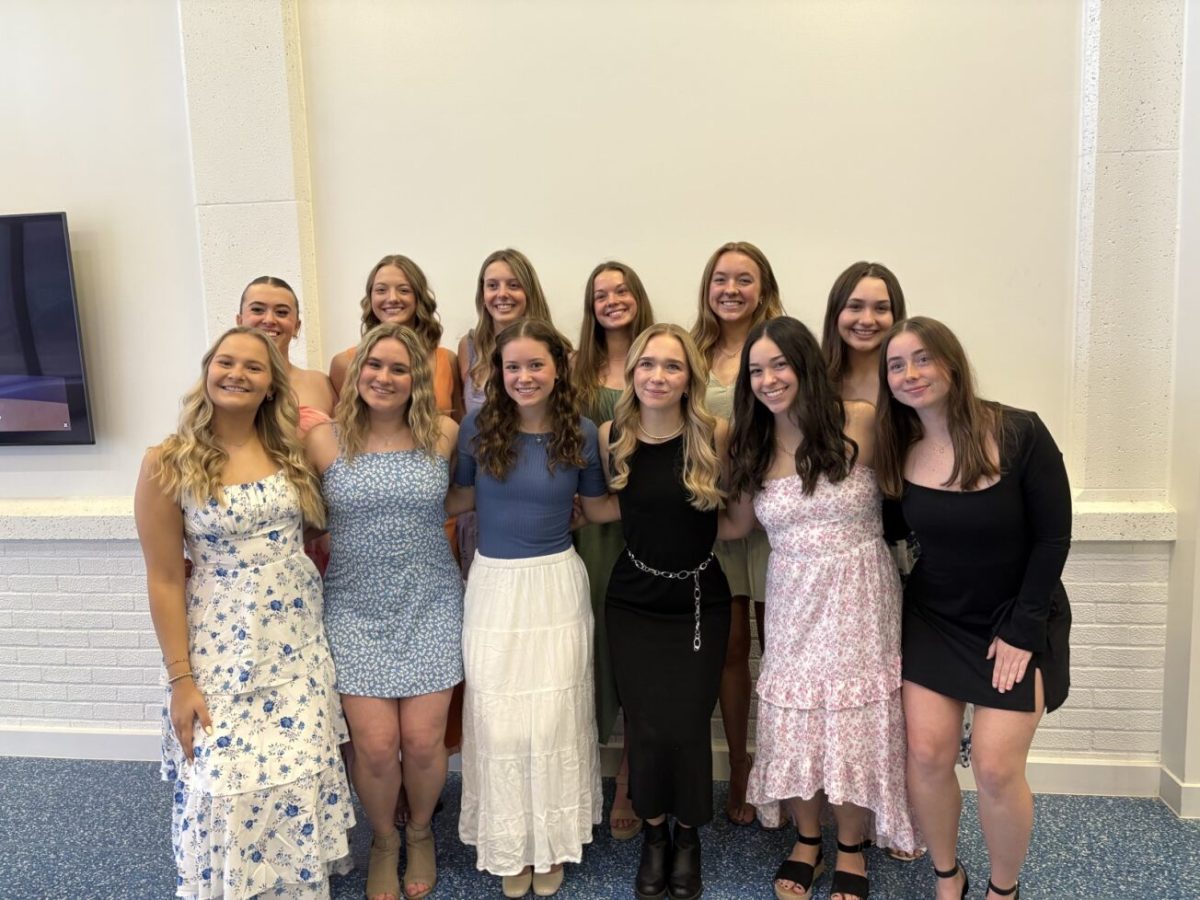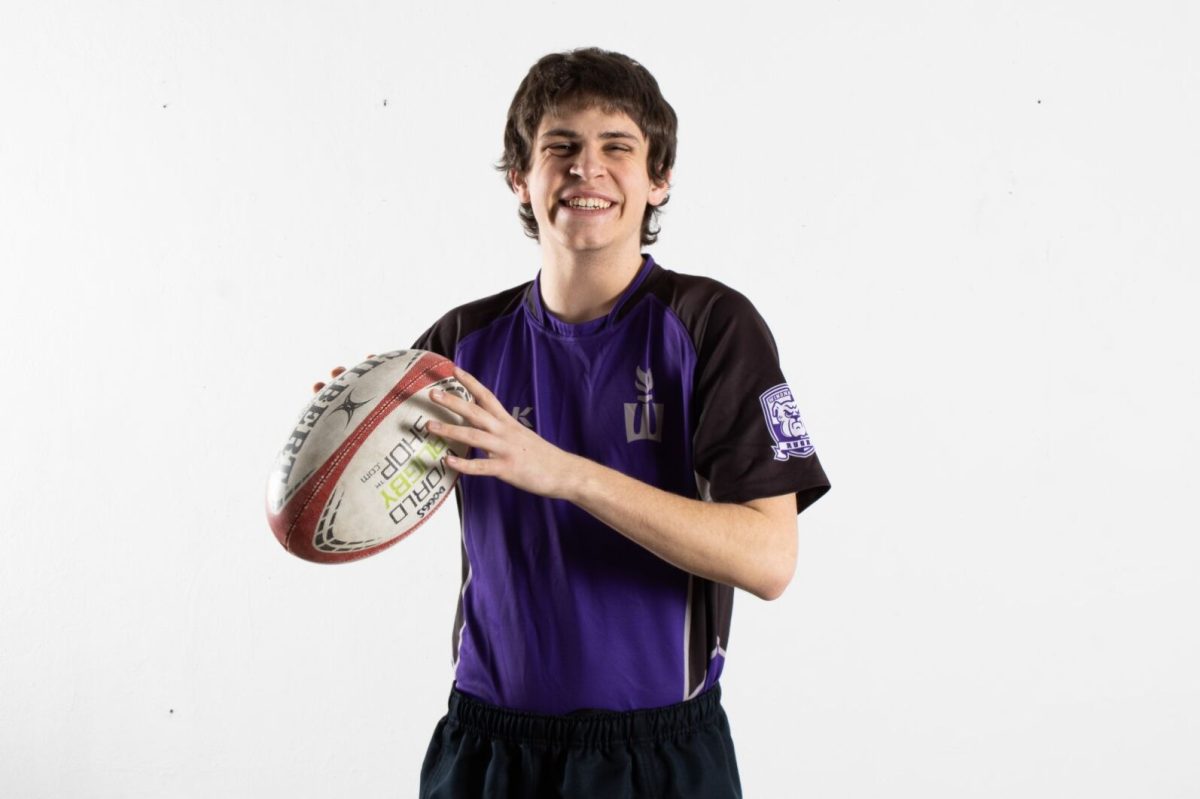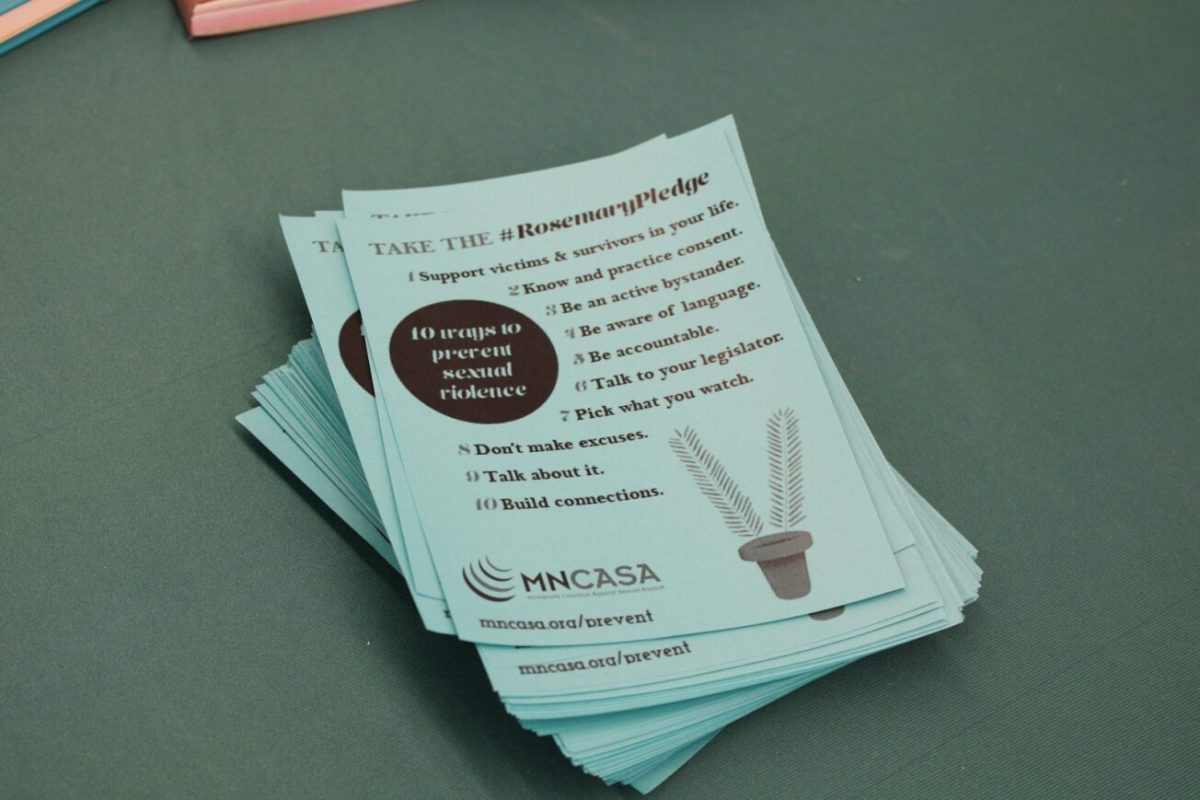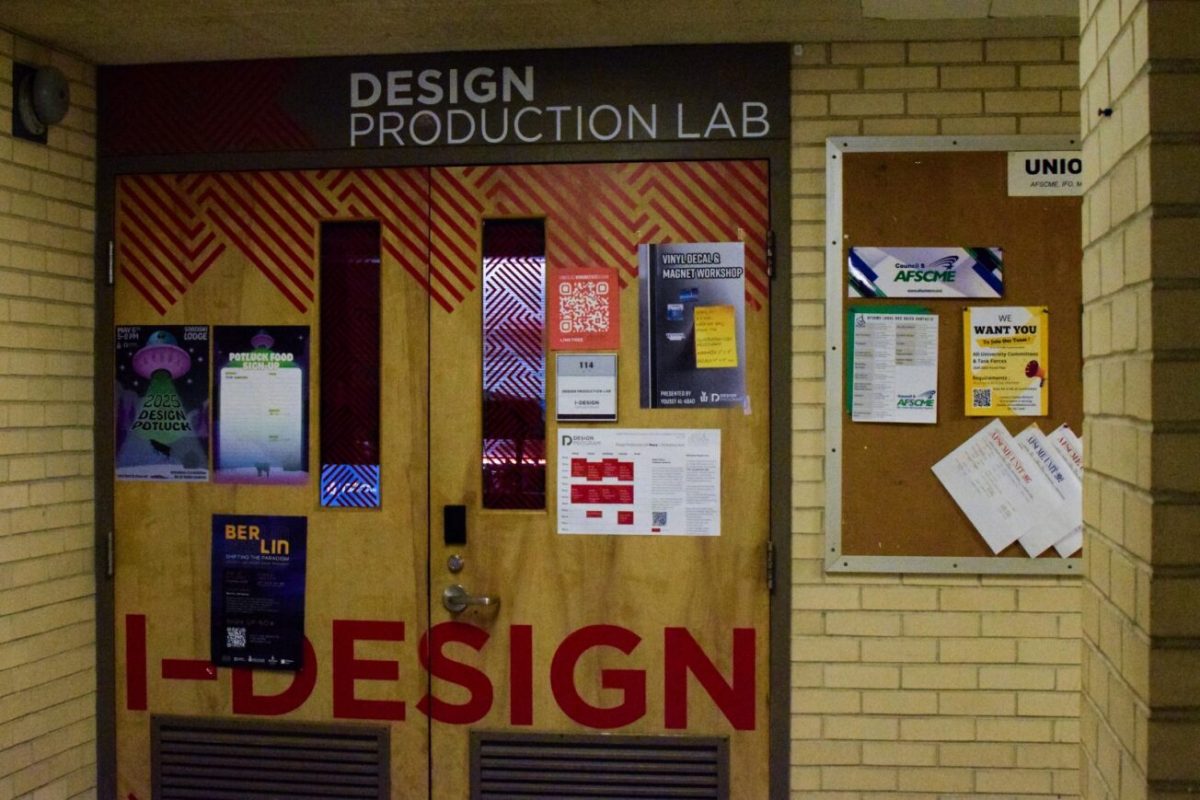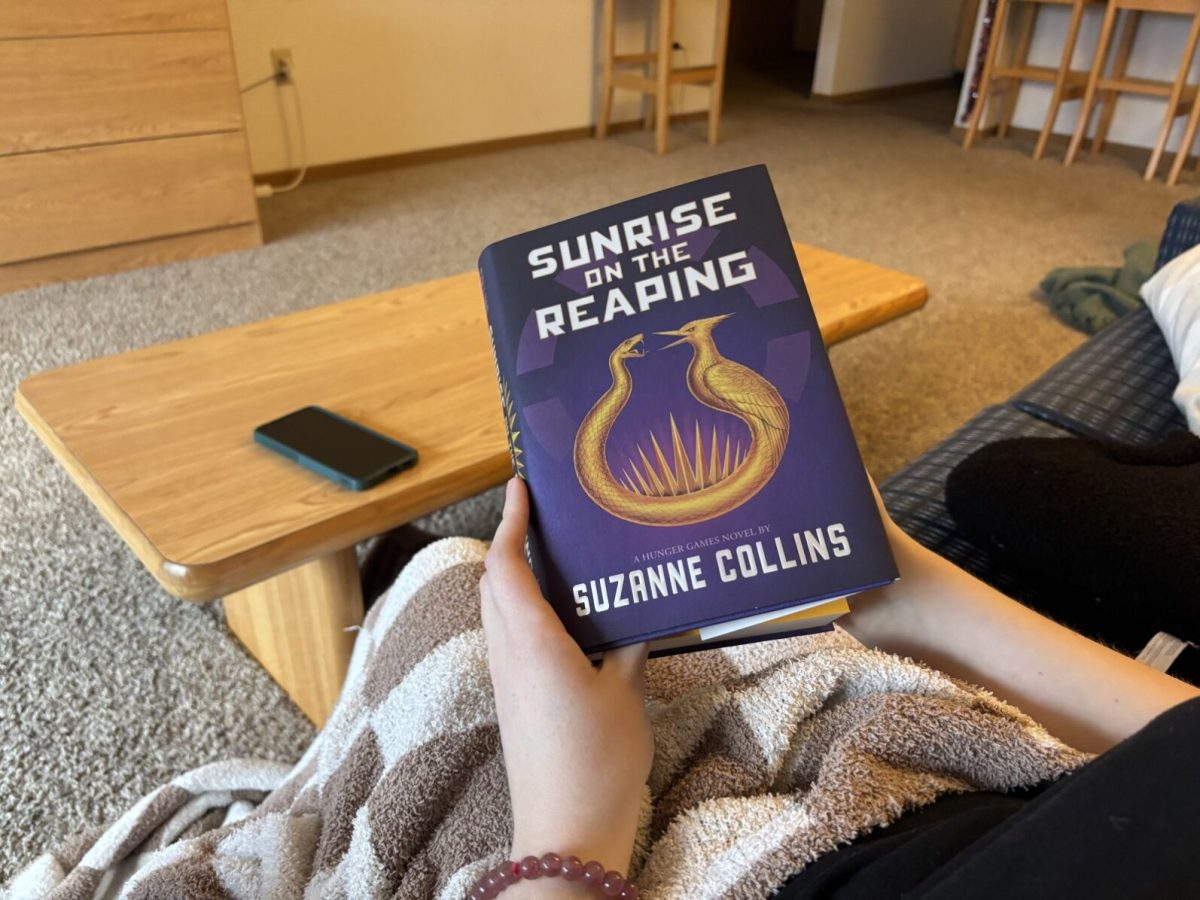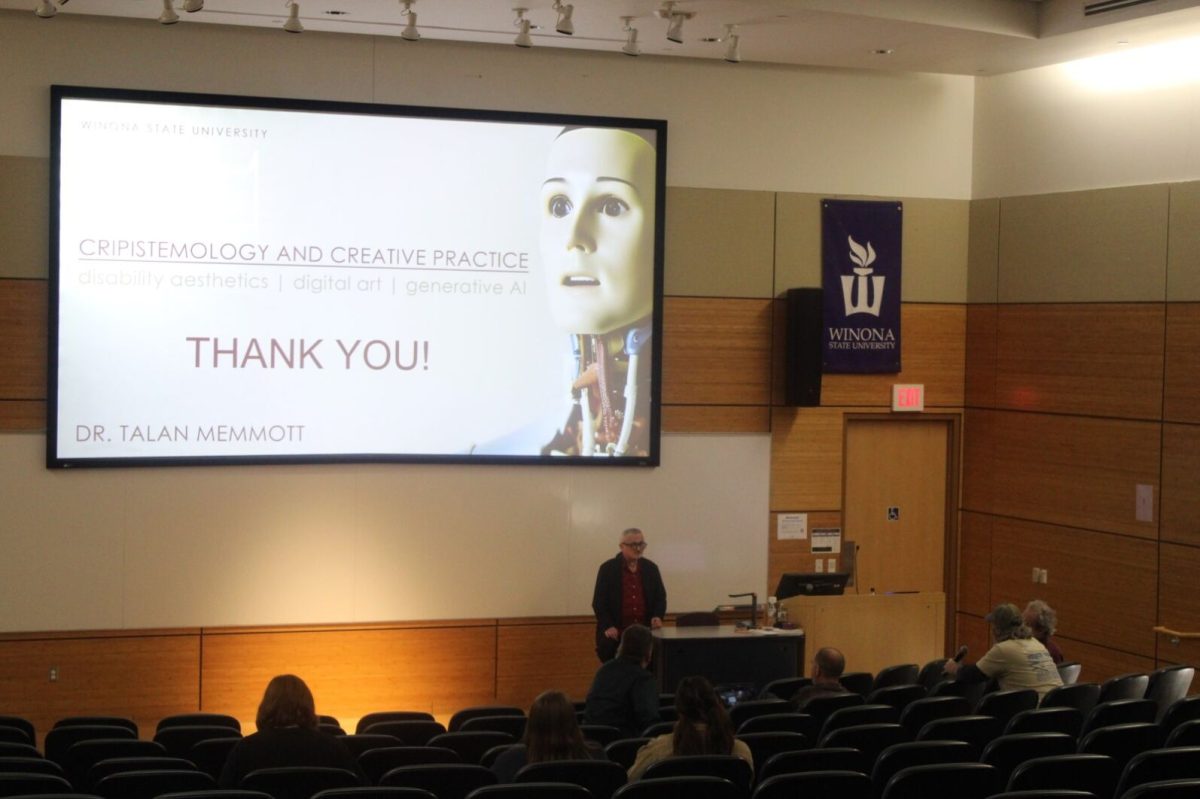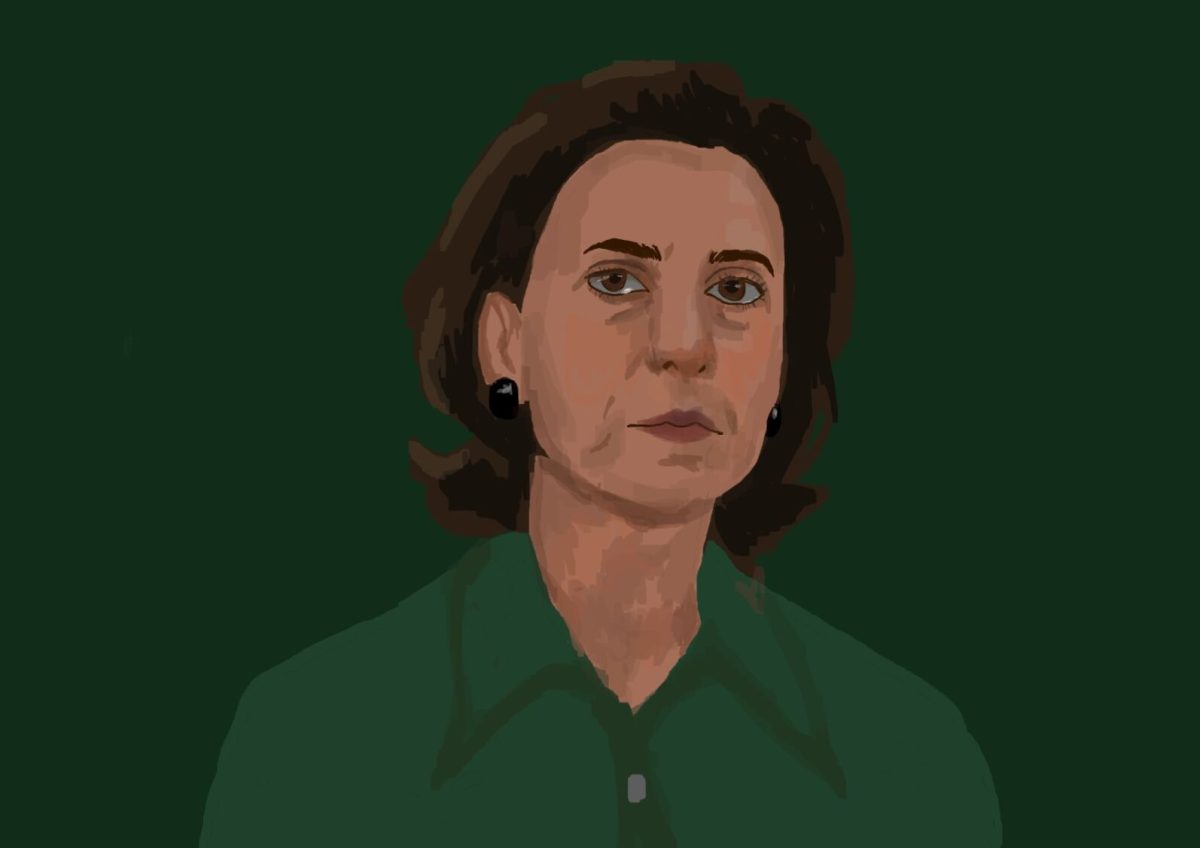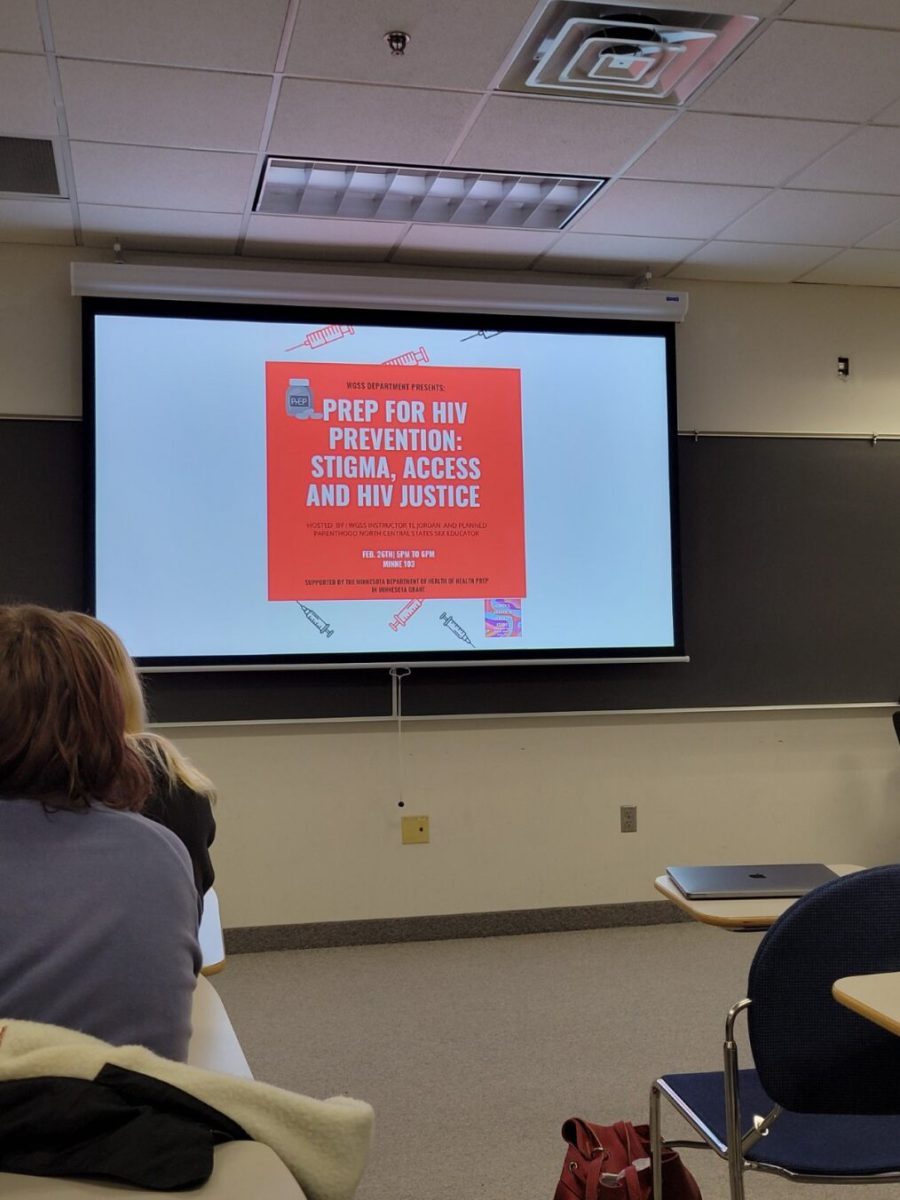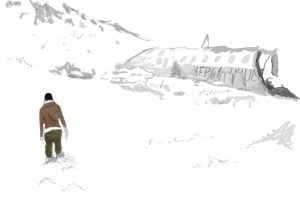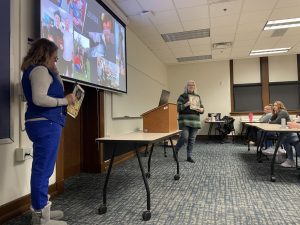Great River Reading Series hosts author Shannon Olson
March 2, 2022
This past Monday, Feb. 28, 2022, Winona State University’s Great River Reading Series presented author Shannon Olson who performed a reading of her work.
Olson has written two books, “Welcome to My Planet: Where English is Sometimes Spoken” (2000) and “Children of God Go Bowling” (2004), both marked with her signature wit and humor. The plot of these books are fiction, loosely based on Olson’s own life experiences.
Olson has also been teaching at Saint Cloud State University since 2002. Currently, she is the director of the St. Cloud creative writing program.
Olson commented on what drew her initially to writing.
“I used to joke, it’s sort of like being called to be a nun, ‘you will spend a lot of time alone,’” Olson said. “It was part of what I thought my path was.”
Then Olson told a story, laughing, that ever since elementary school she has wanted to be a writer, and when she would get home from school she would open up the newspaper to the variety section, the “interesting and funny stuff.” At that time, Olson wanted to grow up to become a writer like Erma Bomback, a relatable humor columnist.
In college, Olson majored in French as opposed to English because she had the perception that all English majors loved old dusty books and she did not connect with that. Olson did take a couple creative writing classes as an undergraduate and after graduating, she still felt drawn to writing. After three years, Olson enrolled in graduate school and worked to receive her M.F.A. (Master of Fine Arts).
Olson commented on the benefits of a humanities degree in a constantly changing world.
“I think it’s still true that a humanities degree teaches you how to think, and it teaches you how to synthesize information and communicate,” Olson said. “Studying literature teaches you empathy, and it teaches you so much about the human condition, and literature encompasses history, psychology, politics, sociology, so you become a broader thinker and hopefully more adaptable.”
Before attending grad school, Olson said she worked a number of odd jobs and had some bad experiences which she said are fuel for writing stories.
Olson’s big break came in her last year of grad school, when a visiting writer connected with Olson’s manuscript. Once the manuscript was finished, it was forwarded to an agent and Olson’s first book got published in 2000.
“It’s sort of like following your passion, and being in the right place at the right time and being ready. Those things came together for me at that moment,” Olson said.
Olson gave some advice for writers. First, to write about what you know: your life experiences.
“Beginning writers think that a story has to be huge…if you make it through high school you will never run out of things to write about,” Olson said. “You probably already have experienced so much, thought about things, wondered about things, been afraid of things, been conflicted in ways that you might not realize is really wonderful material for your own writing. I think it is just a matter of learning to value your experience and to be present in the world and curious.”
Olson also talked about how for many people, to get to the actual writing we have to give ourselves permission to fail.
“You just have to lower the bar and not be afraid to write something really stupid and bad,” Olson said.
In one class Olson teaches, as an exercise she encourages students to write something purposefully “bad” and break all the writing rules and lessons they learned in the semester. “Sometimes the things they come up with when they’re trying to write badly are so brilliant. For some students it is the best thing they write all semester,” Olson said.
Olson recognized the pressure put on students to find ways to monetize their college degree quickly. She explained how this pressure is different from when she was in school.
“I think the pressure is much greater on [younger] generation(s) than it was on mine,” Olson said. “As a faculty member, I feel like there is a pressure on students coming in who are interested in the humanities to figure out how they’re going to monetize it.”
Still, Olson said that getting published does not solve everything and she urged people to enjoy the journey of writing more than the destination.
“You have to love the writing, you have to love the process even though sometimes it feels like torture and you spend a lot of time alone; it has to be something you feel like you have to do,” Olson said.



